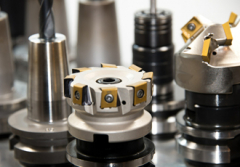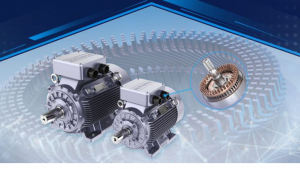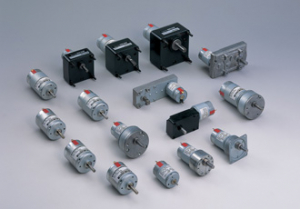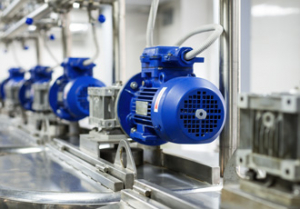Bespoke manufacturing: developing the perfect product

It has recently been announced that custom 3D printed bone implants are planned to be in use by 2022, which will significantly reduce patient discomfort and improve implant site appearance. It’s not just the medical industry that benefits from made to measure solutions, as bespoke manufacturing is pushing the boundaries of technology in multiple industries. Stewart Goulding, Managing Director at mechatronic drive system supplier, EMS explains why using bespoke components ensures a precise, high performing end product.
The precision of customisation can be illustrated by an expertly tailored suit that fits perfectly to the body, with no excess material and a streamlined appearance. Despite this, bespoke components are often overlooked in the design process, with standard parts being the default option. However, the benefits of customised components make their design process worth consideration.
Reliable service
Producing a custom component requires frequent communication between the manufacturer and client during the design process. A comprehensive review of requirements must be undertaken to ensure the final product has optimised performance. Full involvement in each step of the design and manufacturing process means the end product is far more likely to be suitable, saving time and money by preventing the need to start over.
Computer Aided Design (CAD) allows quick and accurate design of components, and documentation of the design process. This allows the client to have a realistic visualisation of the product at each stage of the design. The accuracy and quality of the virtual design allows regular observation and feedback, as the computerised design can be easily adapted and improved to ensure it meets precise requirements.
3D printing provides a quick and efficient way to produce accurate prototypes, with initial models allowing visualisation of the component early on in the design process. The prototype part can be carefully examined and tested in the corresponding product to optimise it before the final design is produced on a large scale.
A common misconception is that intricately manufacturing a highly customised part requires means it cannot be produced on a mass scale. However, modern automated production systems, paired with skilled operators, are capable of manufacturing precise, tailored parts in large volumes. Technological innovations are making bespoke manufacturing more accessible than ever before, allowing the batch production of components that are equal or even higher in precision than commercially available parts.
It’s important to partner with a manufacturer with modern facilities and a wealth of experience to ensure a good end result. EMS has an experienced bespoke production team that includes in-house design, test, procurement and manufacturing experts. Paired with the most advanced technology, EMS can produce high volumes of bespoke mechatronic systems every year, meeting customer requirements while also maintaining economic feasibility. With the right tools, highly customised parts can be achievable for almost any scale of demand.
Improved product
In today’s crowded markets, offering a unique product is essential to stand out against competitors. Using bespoke components allows innovative designs to be realised. The part produced is unique and won’t be used in other products, helping businesses to maintain their competitive edge.
But as well as individuality, customers are looking for the best performing product on the market. Bespoke components are manufactured with the complementary parts and end function in mind. The thoughtful, customised design ensures all components work together in synchrony, resulting in smoother operating. Using standardised parts means that compromises in performance have to be made, whereas customised parts are completely suited to the final product.
These customised parts can be used in a variety of applications. For example, EMS’s bespoke gearboxes are used in equipment in a range of sectors, from medical devices, disability aids and prosthetic hands, to laboratory equipment and bovine cleaning systems for the agriculture sector. Bespoke gearboxes allow prosthetic hands to be lightweight, avoiding tiring of the user, as well as providing a powerful firm grip, without compromising on function.
High customisation also means the product can meet miniaturisation and lightweight requirements. Standardised parts have to suit a variety of applications, and therefore have a general design that only partially suits many products. However, bespoke components are well suited to the ergonomics of one product, eliminating any excess material that isn’t useful. One application of this is medical devices, which are requiring smaller components to become more portable and require less power.
Innovative design and manufacturing technology, paired with excellent communication, are improving the accessibility of bespoke components. The increased precision of custom parts provides functionality of the end product for the user, demonstrated by the increased quality of life from 3D printed bone implants. Clearly, bespoke manufacturing is pushing the boundaries of technology in many industries, and an optimised future is ahead.
Similar articles
More from Electro Mechanical Systems Limited
- Beyond Industry 4.0: bringing products to market faster 16th June 2021
- Motors available for accelerated prototyping 4th June 2021
- Miniature size, mighty control 6th May 2021
- Supplier brings wide range of linear actuators to the UK 14th April 2021












Write a comment
No comments